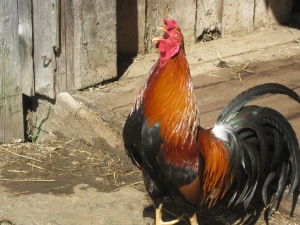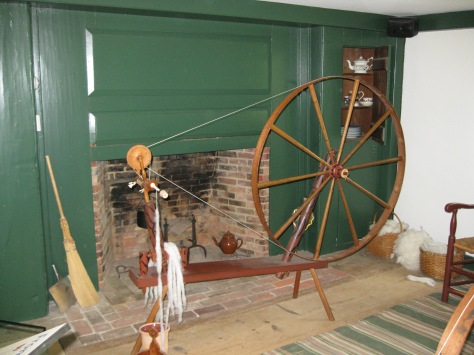Hey there fellow scribblers! Casey here.
Once upon a time, in the dark days before the Internet, writers used to be inaccessible Titans of Storytelling. There was a mystique, a veil of awe, that separated the reader from their beloved authors. Many times, a faceless (unless there was an author photo) God who churned out books we love and who solely existed to bring us readers joy.
An intrepid fan could contact a writer via their publishers, snail mail or by attending a convention, book signing or other public appearance. Even then, the hallowed author of your favorite books/series/universe was somewhat of a celebrity, often rendering you speechless. After all, chances were good that you’d approach the table, state your name so they could personalize your book, then you’d mumble something lame like – “I really love your books”, then move on**.
** quick aside – as a writer, we don’t think that’s lame at all. We appreciate knowing that readers enjoy our books.
Rarely did a reader learn or probably even try to discover the author’s political, religious or any beliefs at all. Nor as a reader, did we necessarily care – we just wanted them behind a keyboard churning out another book.
Ahh, how times have changed. Right?
Today, with multiple forms of social media, your friendly neighborhood author is just a mouse click away. The veil of mystique is shattered which begs the question – should author’s have opinions? How much is too much sharing?
Heck, do we even use our own names?
No doubt about it, there’s a fine line here between being yourself as a person and being a persona as a writer.
Some writers love to let it all hang out and are very vocal in their beliefs (example – Orson Scott Card). His very vocal views on homosexuality led to a firestorm that in all likelihood alienated fans. I know it made me think twice about him.
Other’s let the world know just enough about them to be enjoyable but don’t cross the TMI line (example – our dear friend Kristan Higgins). Since we Scribes know Kristan – we can say, yes, she is that down to earth, enjoys her man candy and loves her family. An ordinary person and a generous author with both her time and advice.
Does this mean writer’s shouldn’t have opinions? Are we not allowed to air our beliefs? Well, of course we’re allowed to have opinions and, hey, it’s a free country, right?
But again, it’s a fine line when it comes to what you say in public. So before you rant on Facebook or engage in a heated twitter battle, know the potential repercussions.
I like to apply the old adage – think before you speak (or type). And do unto others is also sound advice.
Put yourself on the other side of the fence – think of yourself as a reader too. Ask yourself:
- Does learning that your favorite author has a total opposite view than you change how you see them?
- Would you stop buying their books if they expressed/ranted about XYZ?
- Do you really want to know XXX level of detail?
For me personally, as a writer, I’d rather walk on the positive side and keep my personal views to myself, especially in the political arena. During the last election, I un-friended people on Facebook (fellow writers) because of too much political ranting.
And when I apply the reader test to myself, I find I’d rather hear about when the next book is coming out and what my favorite author has planned next. It’s not that I don’t think writers should have opinions, but I’d rather save it for face to face conversations or private correspondence.
I say – be polite, accessible but leave a little of that old mystique. Let the reader enjoy your books without too much information ruining their good time.
What do you think? Do you like to let it all hang out? Have you ever faced repercussions? Or have you found a happy medium?


